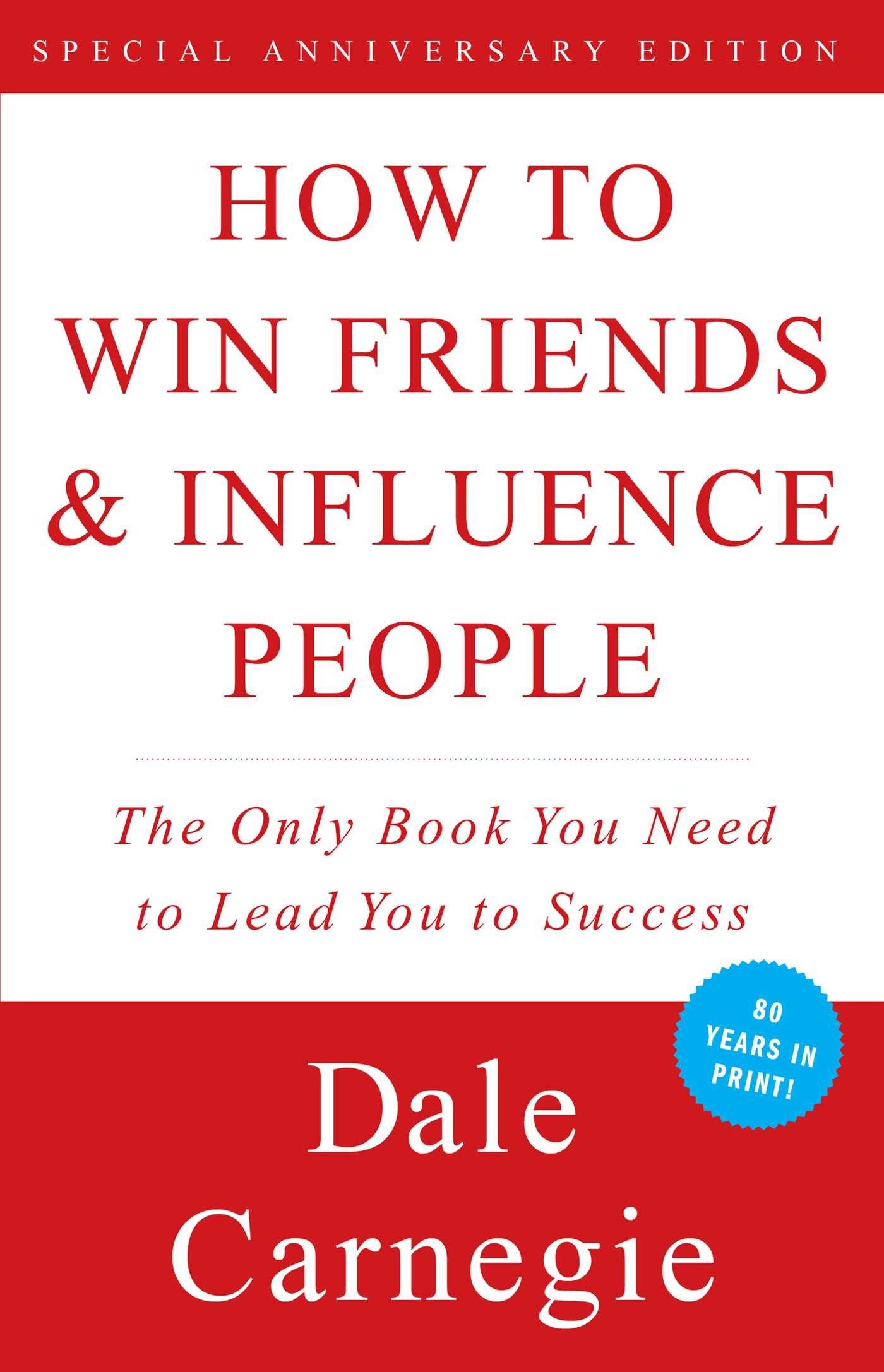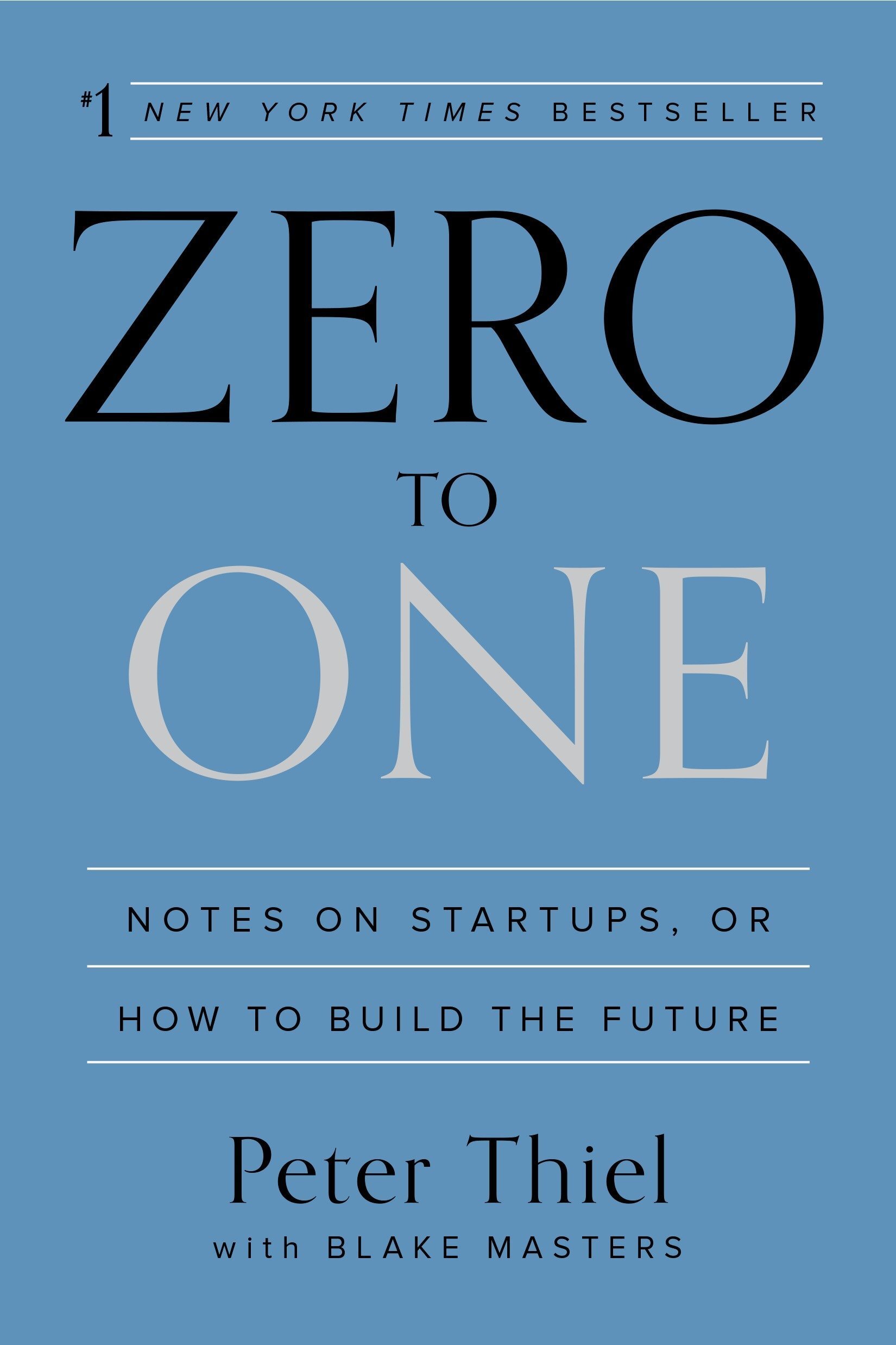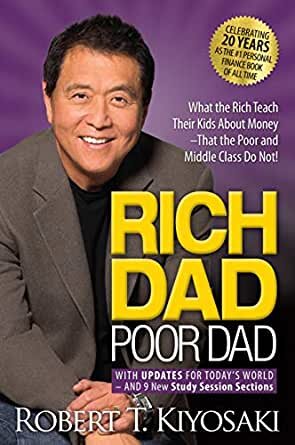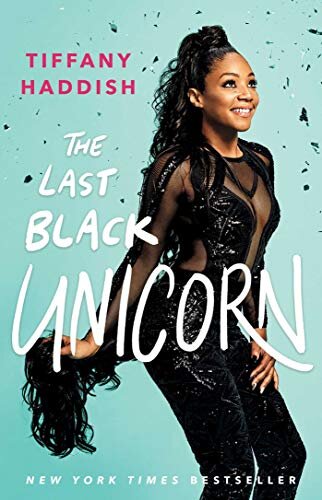“Genius is 1% talent and 99% percent hard work.” - Albert Einstein.
Often what comes to mind when we think of creativity is making beautiful art, writing a compelling and moving story, coming out with a hit single, etc. However, natural talent is not the major component of creativity, it’s hard work and determination.
There are many ways to help spark creativity, you just have to show time commitment, effort, and a willingness to learn.
1. Ask Questions
What is the best way to come up with the perfect question? Write multiple variations of the same question (around 10 variations is a good start). Often, you’ll find that you come up with a better question than the original question you started with.
2. Become an expert
If you’ve ever tried to learn something new, you’ve likely heard at least one of the two phrases “practice, practice practice!” or “practice makes perfect.” Research suggests that to be an expert at anything, 10,000 hours of practice is required. However, the well-known musician Yo-Yo Ma seems to believe this isn’t enough practice time. He practices 3 to 6 hours a day and estimates that after practicing 10,000 hours every five years, he has spent at least 50,000 hours playing only his signature work, the Bach Cello Suites. Whether you choose to practice 10,000 hours - more or less - the most important thing is that you’re practicing.
3. Be open-minded
People who are known to be creative, always look for solutions to problems. Creative people act in unexpected situations because they are curious and want to learn more. By being curious and open-minded, you may find that new opportunities come along. Having a positive attitude and being willing to participate in various projects may lead you to new projects or style choices that you may not have considered but discover you enjoy.
4. Build a creative network
Creativity and inspiration can come from many different places. It is important to have a network of people that you can work with so you can better explore your ideas. This exchange of information and ideas will encourage you to take risks and try new things. Everyone has a different perspective; take advantage of this. If you want to work with an award-winning audio/video production company that can take your creative vision further faster, feel free to reach out here, and we would be happy to help!
5. When it comes to creativity, do not conform
Growing up, we are primarily taught to conform to the general rules. While this is important in general, it is very important to make sure this doesn't stop you from branching out and exploring your individuality. Have balance. No two people are the same; your creativity should also be your own. Anthony Burill, author of “Make It Now!” says “as soon as you start doing as you are told and following the rules you stop being truly creative.”
6. Generate lots of ideas and choose the best ones
Know what you’re looking for. Trust in your intuition and go with ideas that are simple. One thing you can try is to make your ideas compete against one another. Choose two ideas and identify how they are different. If you have several ideas (around 50+), a good idea is to write them on sticky notes and move the ones that are similar, close together.
You may be struggling with deciphering if an idea is good or not. A good way to know if it is good or not is to take your idea and write pros and cons. Assign each one a number between one and ten to define the amount of importance. The pros should outweigh the cons. If this is the case, chances are your idea is good and strong.
Set a time to do some free writing. Find a time when your brain is the sharpest, relaxed, and free from distractions. The author of the popular self-help book “The Artist’s Way”, Julie Cameron, recommends that we take half an hour each day to free write in a journal. As this process continues, new ideas will evolve.
Need an idea for something to write about? Journals with writing prompts may be something you should invest in. You can get these at your local bookstore and they are generally located near the stationary section. Don’t have the money? No worries. Create a list of prompts to help start your writing process. Here are some writing prompts I sometimes use.
Today, I’m grateful for…
Your favorite vacation
A favorite gift you have received
The best thing you have gifted
What’s the last thing that made you smile?
What is/was your biggest accomplishment in life?
What is your biggest fear?
It’s your last day to live. Without a budget, what would you do? What would you eat?
7. Be resourceful! Come up with many different ideas and combine them
Try combining things that don’t normally go together. British neuroscientist, Paul Howard-Jones, asked people to create stories. Some people were given three words that relate well to each other, while some were given three non-related words. Results found that the people who were given non-related words created stories that were more creative. For example, the three words could be mystery, delivery, stalker.
Another fun idea is to make remote associations. Turn to a random page of a book you own (for example, page 56) and find the fifth line. Then, find another book and do the same. Now, write a story that is based on the relation between the two sentences. How are these two sentences connected? By using your imagination and ideas in this way, you can often form new, unique ideas.
One of our greatest resources is other people. We typically hang out with people who are similar to us as it brings us comfort. However, it is important to engage with people who are different from you to help you learn to expand your outlook on life. These different perceptions, outlooks, and experiences can help you become a better-rounded person and help your creativity.
8. Don’t Be Afraid to Take Breaks
While hard work is a very important factor in being creative, it is also important to take breaks to give your brain some time to rejuvenate. Oftentimes, the best ideas will come at the most random times when you aren’t trying to put your brain to work. This might happen when you’re in the shower, in the car, trying to fall asleep, etc. Have you ever had a dream but forgot what it was about shortly after waking up? What about having your answers to a problem solved for you while you are sleeping? sleep? Breaks allow you to come up with ideas without getting brain block and not being able to keep your thoughts organized. A journal may be useful so that you don’t forget important ideas or thoughts.
HubSpot's CEO and co-founder, Brian Halligan, advocates for naps at the workplace. He finds his best ideas come to him when he is just about to fall asleep or when waking up. In a New York Times interview, he says he wants to make the workplace an environment where employees can “work less and think more”. Now I bet you’re thinking, “I’d love a boss like him!” Make sure that you allow yourself some time to recoup from all the work you’ve done during the day so you aren’t overloaded.
Conclusion
Everyone goes about being creative differently. Everyone finds inspiration differently. By familiarizing yourself with the different ways to be creative, I’m sure you’ll find your creativity expands in no time. Where these tips helpful for you? Which techniques are you using? We’d love to hear your opinion in the comments below. Thanks for reading and don’t be afraid to let your creativity shine!
Written by Amy Anstett
If you’re wanting to learn more about creativity, music production, and business, we are developing a course called Producer Launch that will take you from beginner, all the way to knowing how to become a successful producer for a living!
Sign up here to be notified when it launches for an exclusive 50% off!























































